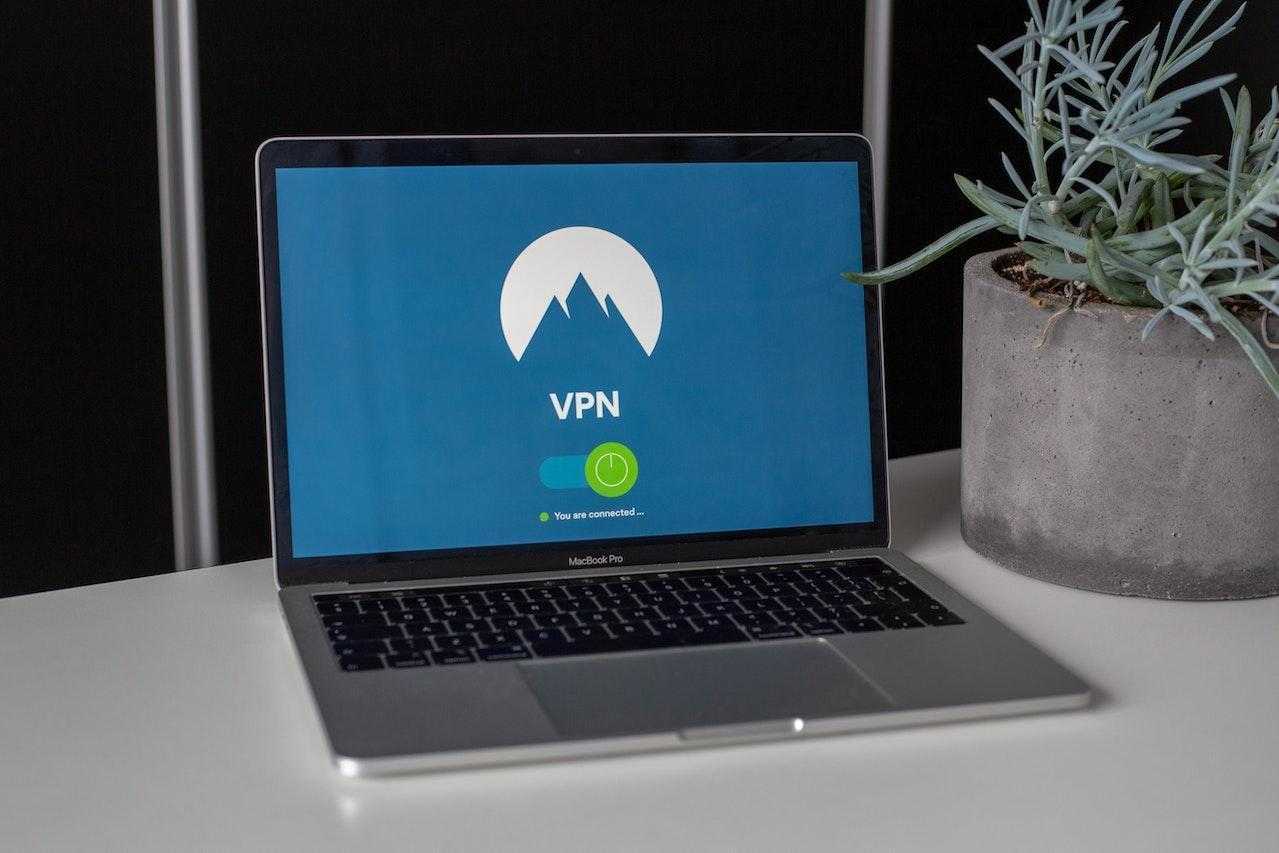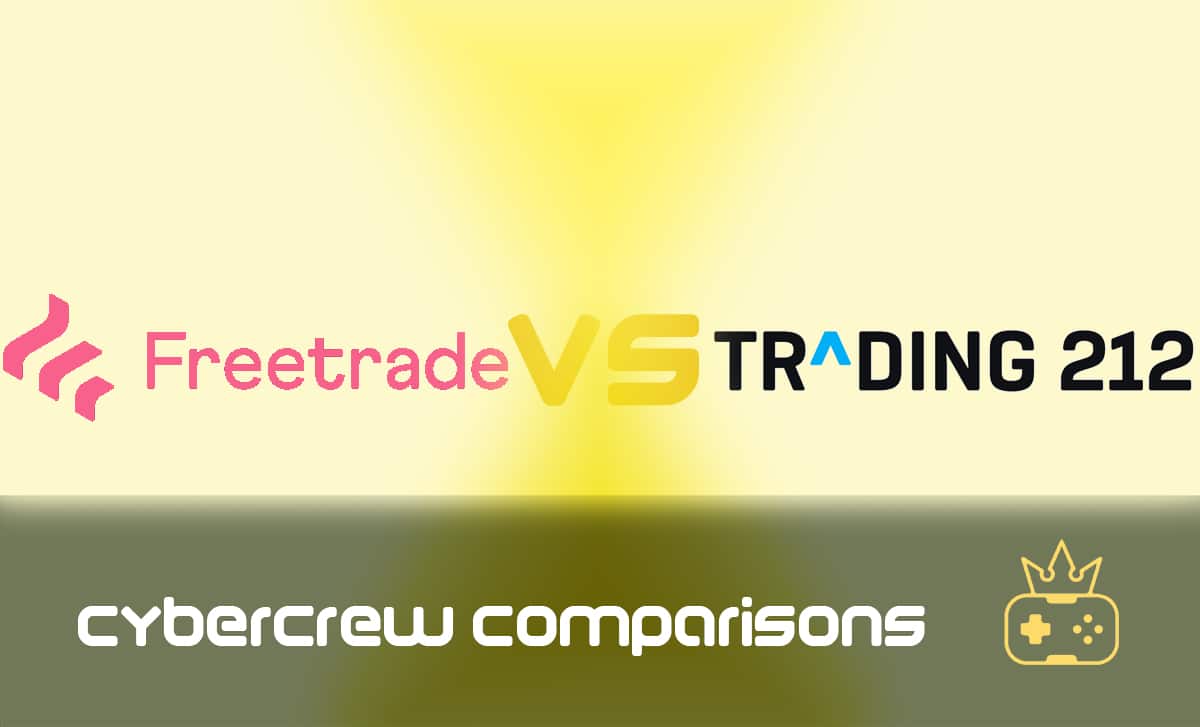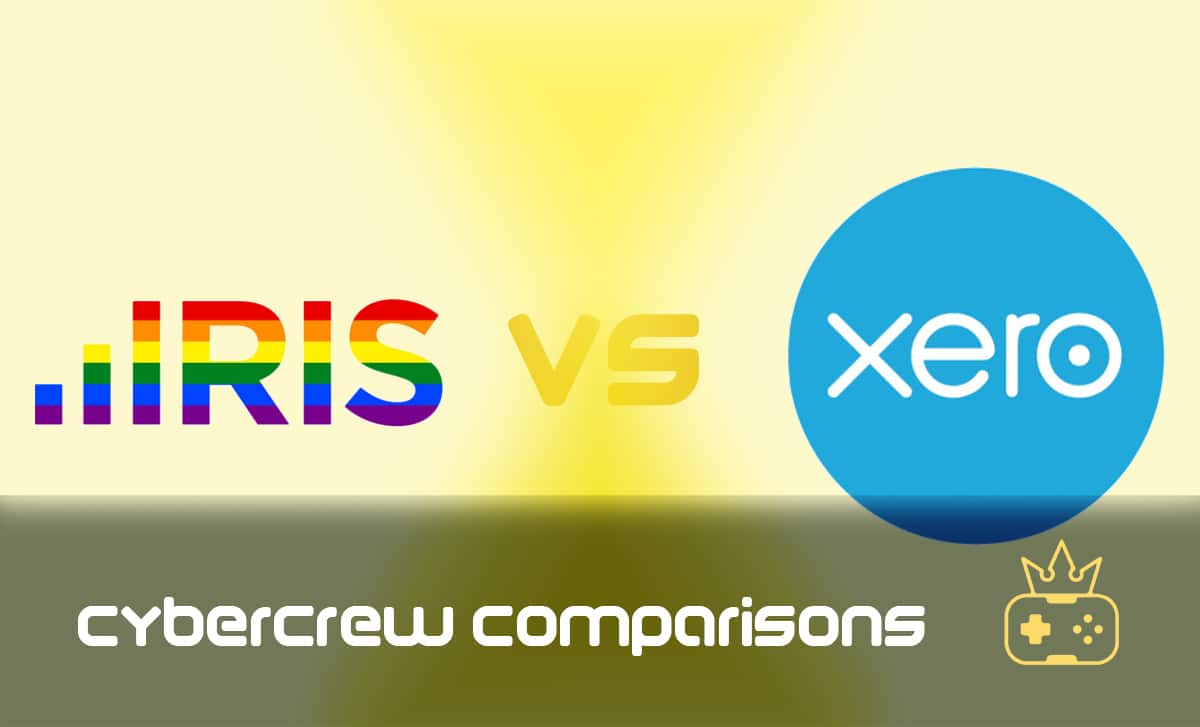Cost of Solar Panels UK — Are Solar Panels Worth It?
Last Updated: February 9, 2024
People are often interested in solar energy but are deterred by the initial costs.
Solar panels are a long-term purchase that offers lots of financial and environmental benefits. In this article, we’ll look at the cost of solar panels in the UK to see if they are worth it.
Here’s what we will talk about in this article:
- The cost of solar panels in the UK
- How solar panels work
- The benefits of having solar panels installed
- How to get a quote for solar panel installation
- What to consider before getting solar panels installed
- FAQs
The Cost of Solar Panels in the UK
What Should I Expect To Pay for Solar Panels?
The price of home solar panels depends on a number of factors, including:
- The size and type of installation — the larger the system, the more expensive it will be to install. By determining how many and what kind of panels are suitable for your property, you can calculate the cost.
- The quality of the solar panels — Monocrystalline solar cells are considered the most efficient at 15–22%, but they are also the most expensive ones. On the other hand, polycrystalline cells are 13–17% efficient but are cheaper. Finally, the cheapest solar cells are amorphous solar cells, which are only 9% efficient.
- Whether taking advantage of any government incentives is possible (such as Feed-in Tariffs)
How Much Do Solar Panels Cost in the UK?
The cost of solar panels in the UK is around £4,800 for a 4 kW system, including 12 panels at 330 Wp.
Keep in mind that solar panels are not as expensive as you might think, and they are one of the best investments that you can make. The initial costs are paid back very quickly after installation through electricity savings. Most installations are guaranteed to pay for themselves within 5–10 years.
How Are Solar Panels Made?
Solar panels are the most commonly used method of producing renewable energy. They are made of solar cells, also known as PV (photovoltaic) cells, which are connected together to make one solar panel. Each photovoltaic cell is composed of silicon semiconductors that are able to create electricity when exposed to sunlight.
How Do Solar Panels Work?
Solar panels are made of individual solar cells, which are arranged together in series. These are wired together to produce direct current (DC) electricity, which is what most appliances are powered by.
The solar cells are initially wired in series and then grouped into modules. However, when more than one module is required, they are wired in parallel. The risk of one module not working is slim if they are installed by a reputable solar panel company.
Each cell produces around 0.5 volts of direct current (DC) electricity. All cells are then wired together to produce 12 volts of DC. This is the power that you are able to use in your house.
6 Benefits of Having Solar Panels Installed
- Reduced electricity bills.
- A reduction in carbon footprint and saving the planet for future generations.
- Solar panels are a great investment with short payback periods (typically around 5–10 years).
- Most solar panel companies will provide a guarantee on their system — if something breaks, they’ll fix it for free.
- You can feed back into the grid any electricity that you don’t use to make money, meaning your investment is paid back even quicker.
- Solar panels are an extremely reliable method of producing renewable energy as they are not as reliant on weather conditions as wind turbines or hydroelectric power plants.
How To Get a Quote for Solar Panel Installation in the UK?
- Calculate the total of your electricity bill for a year.
- Divide this number by 1000 (to get kWh).
- Multiply that value by 16 (16 pence are the average cost per kWh of solar panel installation/electricity generated, but that varies between companies).
- This will give you an estimate of the cost for an installation in your area with that company.
- Each company will charge different rates for their services, so be sure to compare at least three quotes before making your decision.
Solar Panels Disadvantages
Here are some disadvantages to solar panels:
- High upfront costs — A solar panel system may help reduce your electricity bills, but it is still an expensive investment at first.
- Their efficiency drops on cloudy days — Although solar panels can typically be used during all four seasons, they are still dependent on sunlight to efficiently generate electricity. So, a few cloudy and rainy days in a row may have an impact on the amount of energy they produce.
- They take up a lot of space — Solar panels require quite a lot of space, so you may not have enough space on your roof to install as many solar panels as you need to satisfy your electricity needs.
- They are an intermittent energy source — One of the main disadvantages of solar energy is that it is not constantly available due to external factors that we cannot control. Solar panels need to be exposed to direct sunlight to work, so the time period in which they generate electricity is limited.
What To Consider Before Getting Solar Panels Installed?
While the benefits of solar panels are endless, there are still many things to consider before installing one, such as your electricity usage and how much you are able to feed back into the grid.
Solar panels are an investment, and you are not guaranteed to receive a return on them in terms of money saved. There are many factors that affect this — electricity company tariffs are one of them, along with government tax incentives which are ever-changing.
The installation process will vary depending on the size of your system. Depending on how much energy you use and what kind, you need a solar panel system of appropriate size to provide you with the benefits noted above. It is wise to contact an installer and ask them for a recommendation.
Wrap Up
After taking a closer look at the benefits and the cost of solar panels UK, we can conclude that they are a great investment for the future of your home and the environment. Not only do they help you save money on your energy bills, but they also help reduce your carbon footprint.
So if you’re interested in installing solar panels on your house, be sure to get a quote from a reputable company and ask lots of questions so that you can make an informed decision.
FAQ
The average price of solar panels in the UK is approximately £4,800 for a 4 kW system, which typically includes 12 panels at a 330 Watt peak.
The prices of solar panel installation vary between companies. Typically, the larger the solar panel system is, the higher the installation costs, and you can expect to pay anything between £5,000 – £8,000 for the installation of a solar PV system.
Yes, solar panels are definitely worth it as they can reduce your electricity bill, so you will return your initial investment just a few years after you’ve had a solar panel installed.
The main advantage of solar panels is that will significantly reduce your electricity costs. Using a solar panel to power your home will also help you reduce your carbon footprint, as solar energy has the least negative impact on the environment than any other energy source.

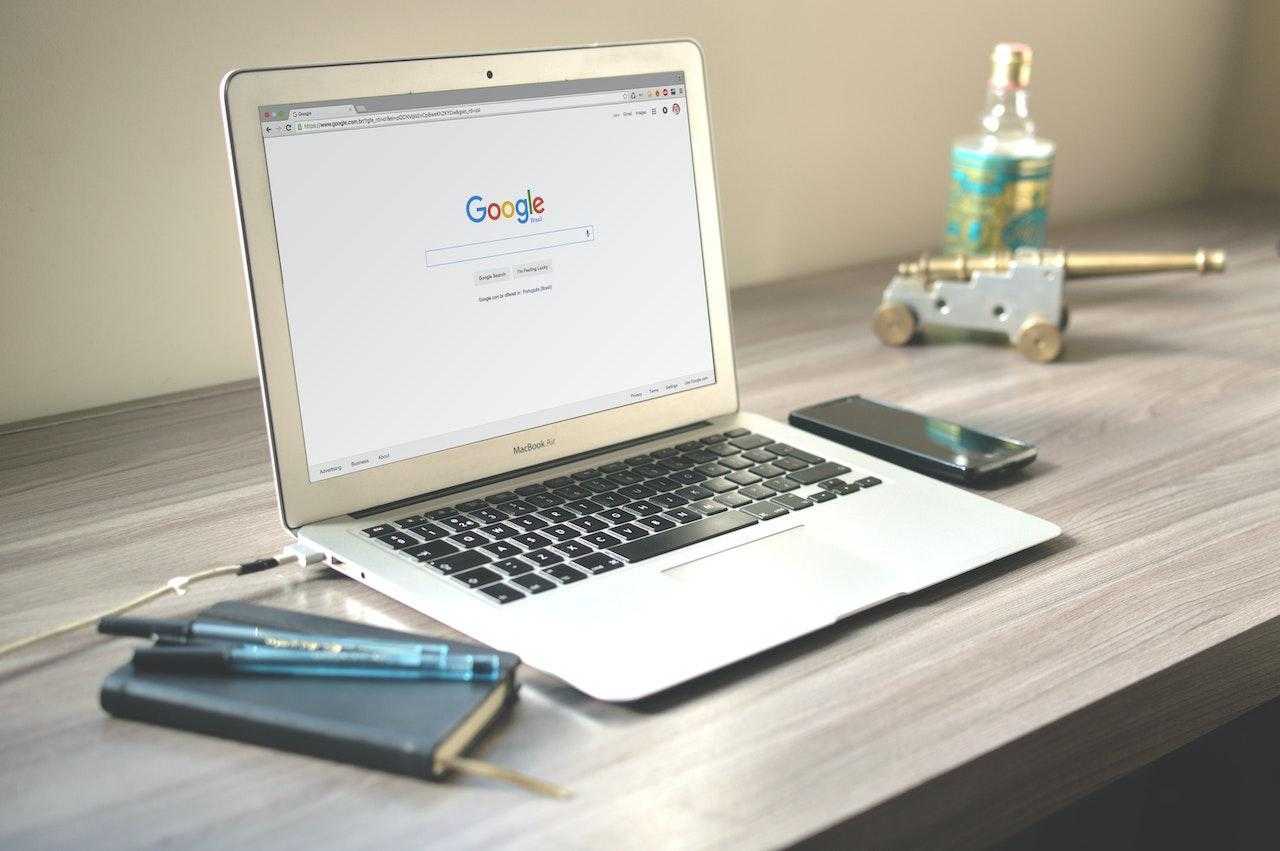
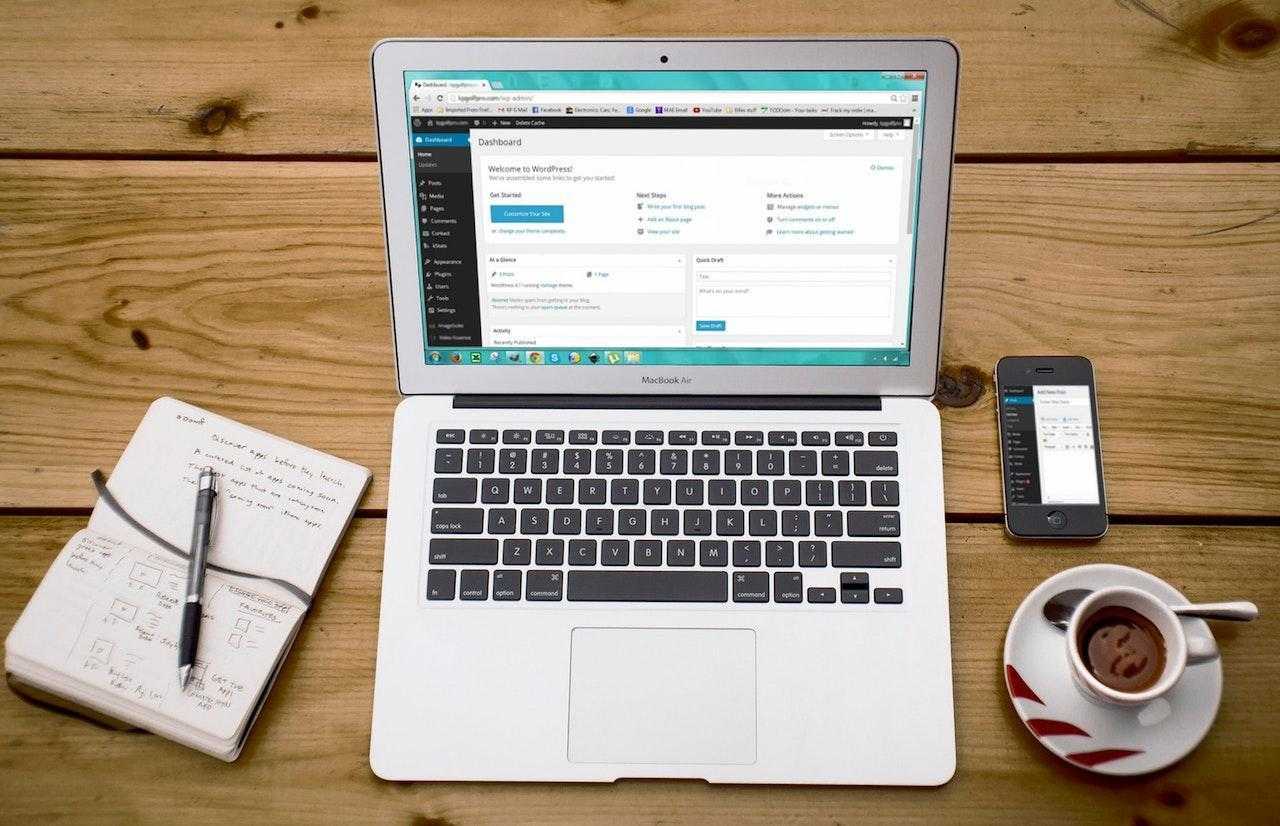
![How to Sell on Depop in the UK [2024 Guide]](https://cybercrew.uk/wp-content/uploads/2023/06/Selling-on-Depop-UK.png)
